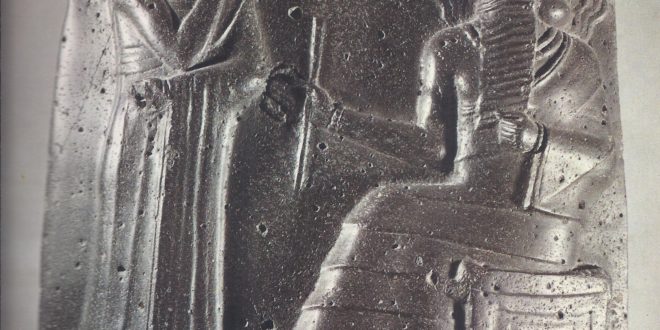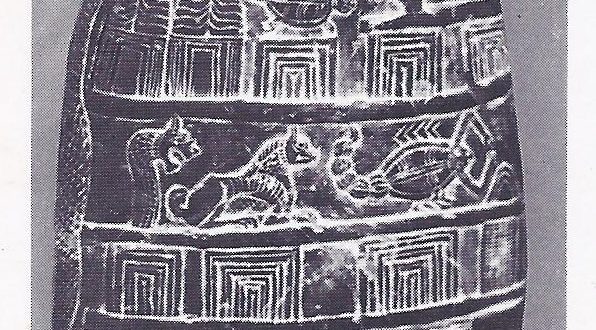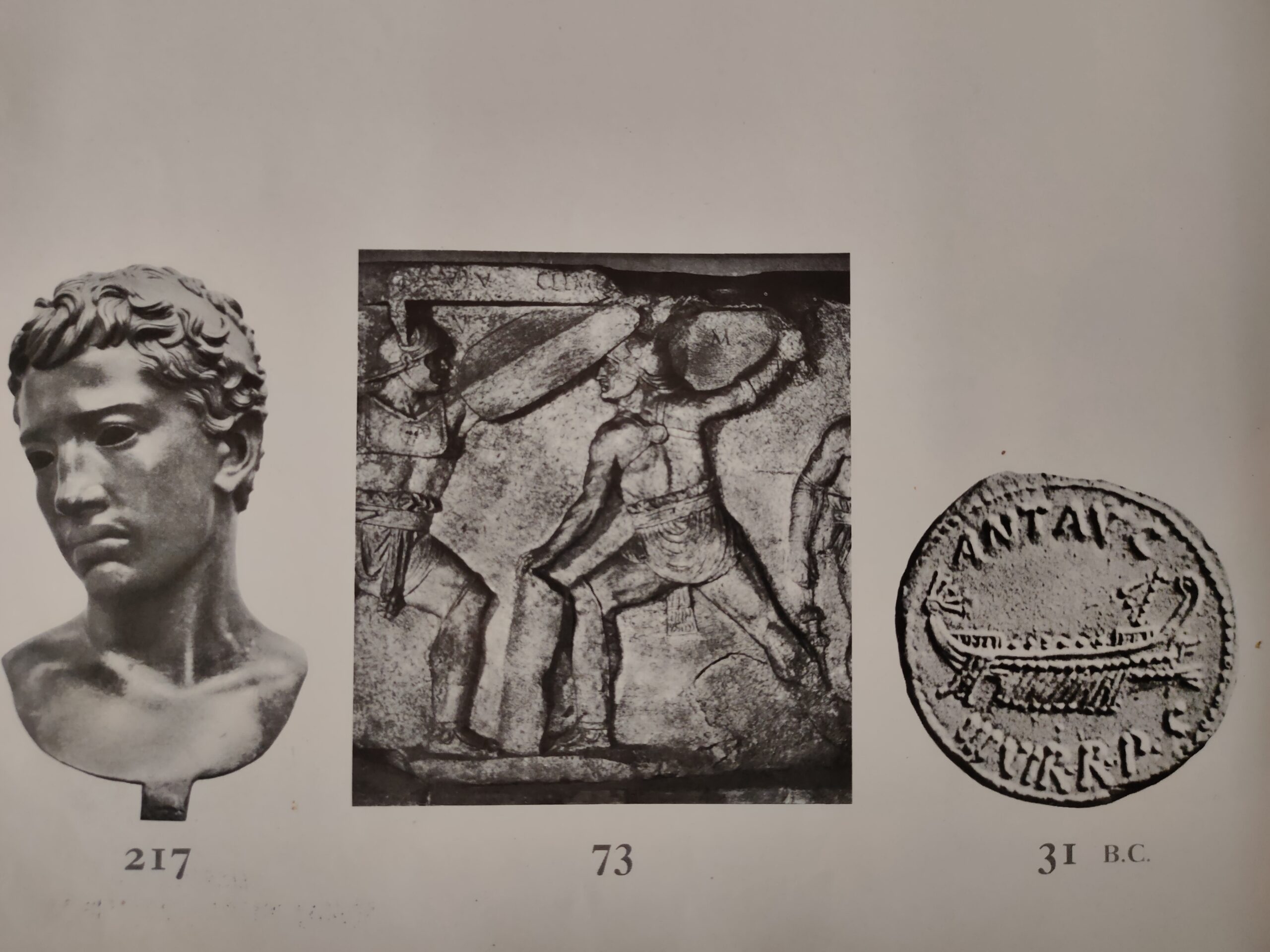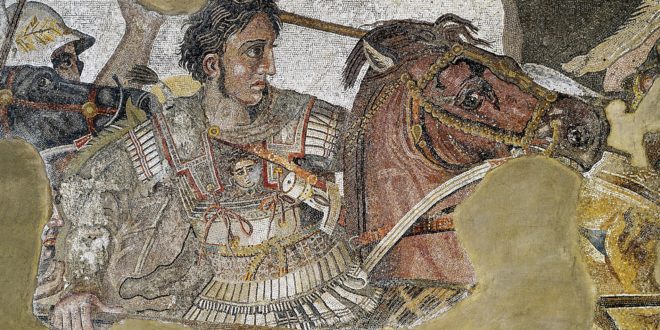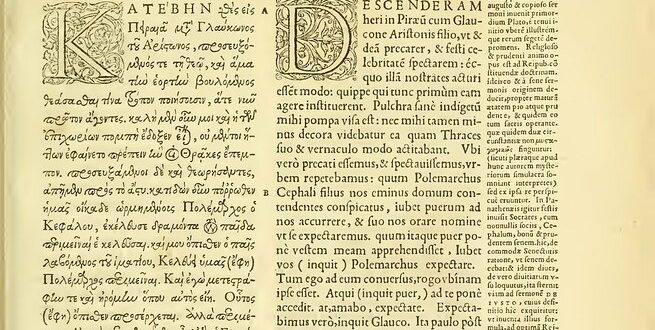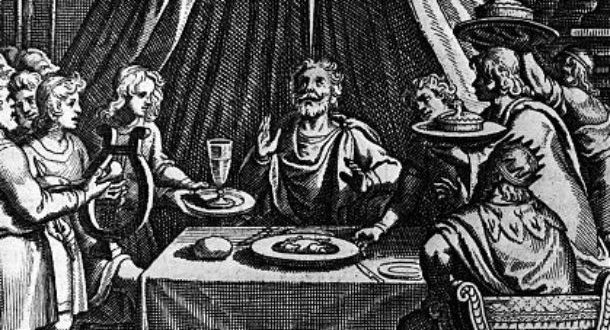Hittites, a new power, arises in the Near East and Babylon is eclipsed. The Babylonian kings who followed Hammurabi were unable to hold the wide territories that he had won. New enemies challenged the supremacy of Babylon in Mesopotamia; the south broke away and a new kingdom came into being, the dynasty of the Sea Land, with its centre in the marshy region around the head of the Persian Gulf. The Babylonian army was more than once defeated by the Cassites, a mountain people from the region now known as Kurdistan. In the northwest, the Mari region regained independence. From the encircling highlands, barbarian newcomers were pouring into the semicircle of river valleys and urban settlements known as the Fertile Crescent. The ethnic map of the Near East was undergoing the first of a series of violent changes, perhaps the most far-reaching of all in its effects on the history of man. Map off Babylon c. 600 B.C. Cosmic Order A motif that recurs in the mythology of many ancient peoples is that of the emergence of order from disorder, of cosmos out of chaos. This is the theme of the creation legends of Mesopotamia and of Egypt. The concept of cosmic order, which the gods bring about and which mankind is concerned to maintain, is present in many ancient literatures. It implied the taming of the forces of nature, storm, fire and flood; and the defense of civilization against dangers from without. These dangers were ever-present, for throughout the whole of the ancient period and for many centuries afterwards, the areas of civilization were islands in a vast ocean of barbarism. To appreciate society and to understand its history, we must know something of this great hinterland of barbarian peoples, for their periodic incursions often constituted milestones of deep …
Read More »